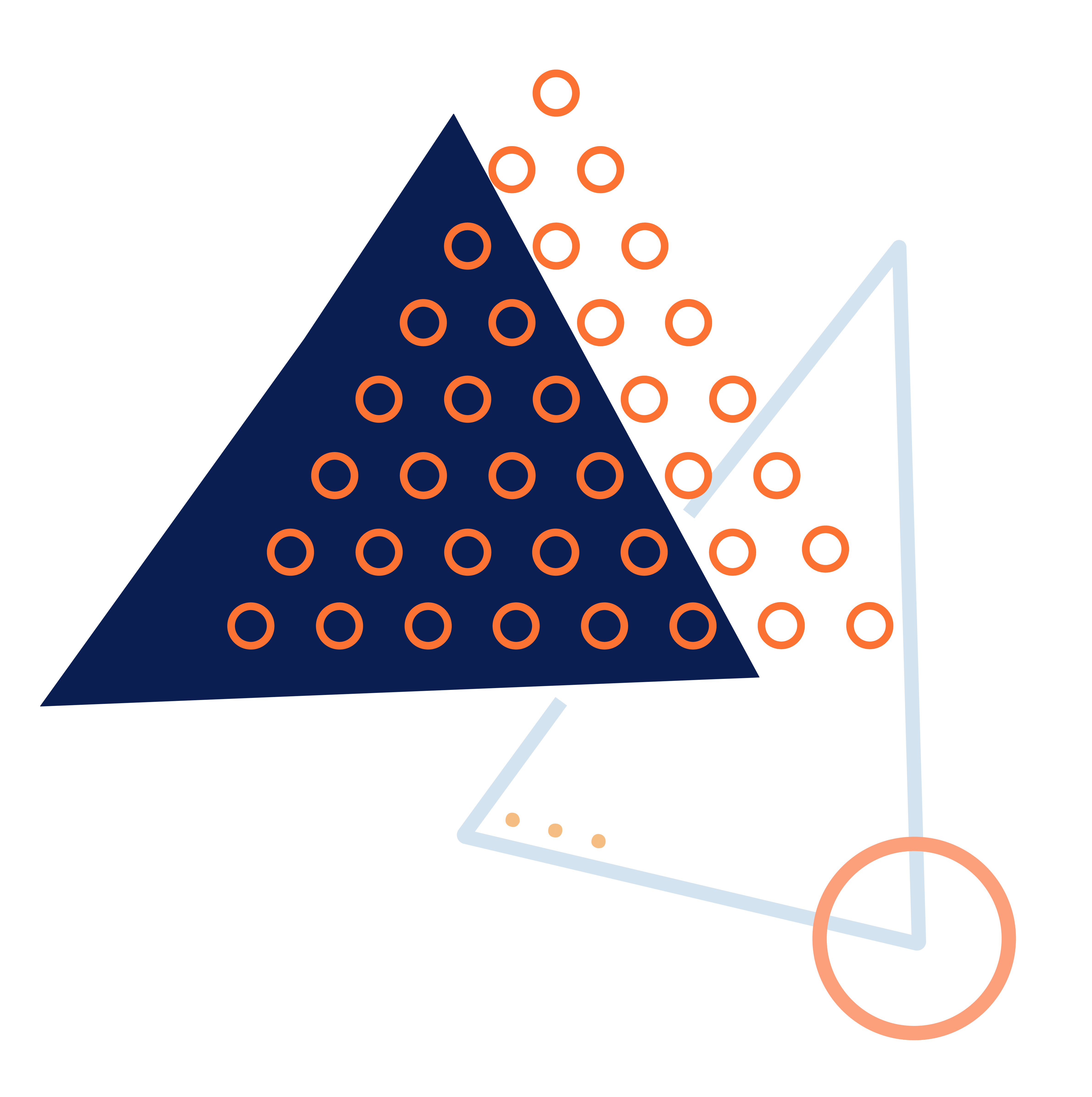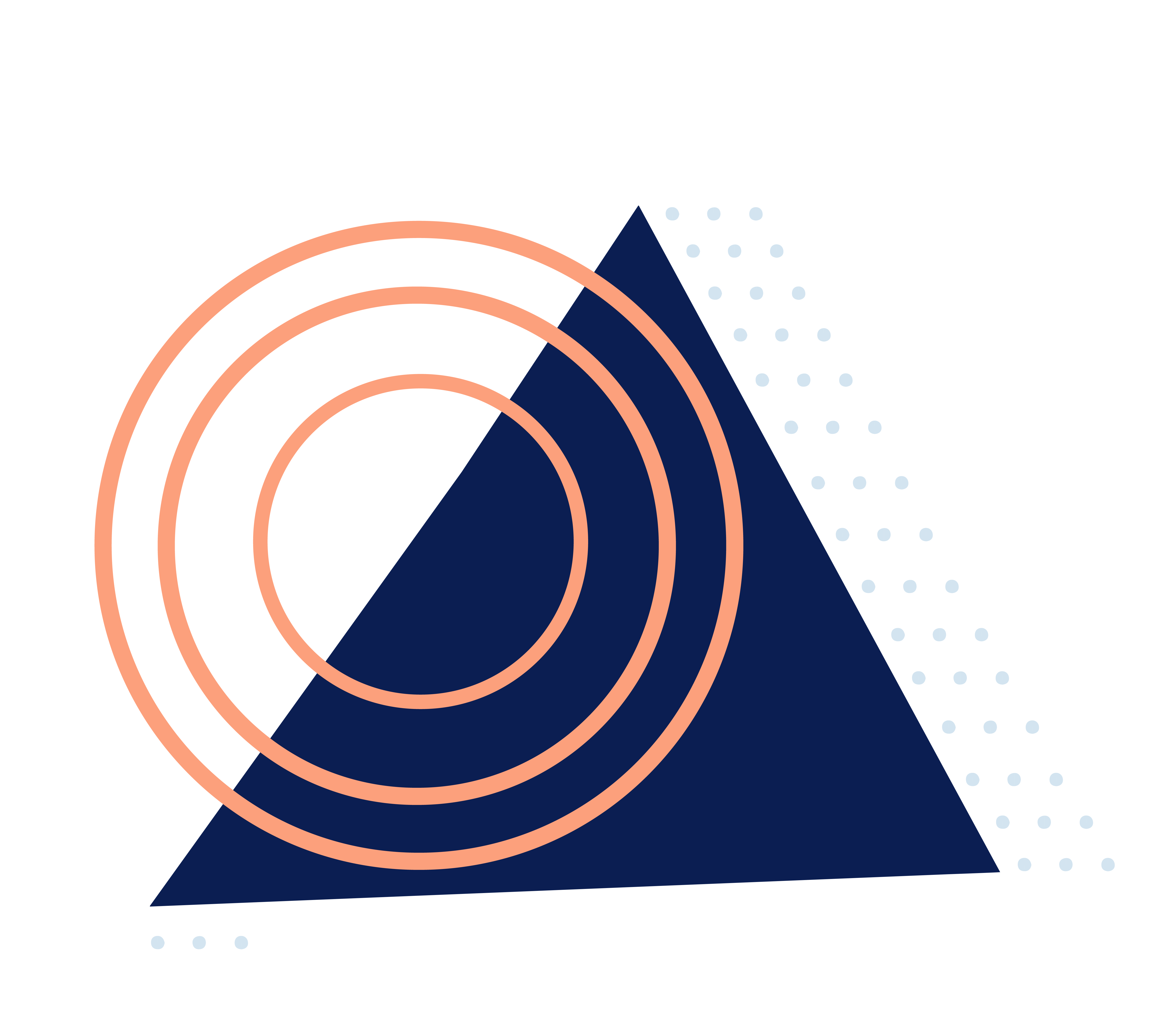

9th February 2021
Article
Young Women are Agents of Change: Countering the Sexual Violence Narrative
Katrina Leclerc
Young Women are Agents of Change: Countering the Sexual Violence Narrative
The “heart of Africa” – this is how most would like the Democratic Republic of Congo (DRC) to be known, recognized for its beauty, its rich resources, and its warm people. Unfortunately, the DRC also has another, less endearing title - “the rape capital of the world.” In 2018, 1049 cases of conflict-related sexual violence were reported in the DRC. As has been documented, cases of sexual violence are continually under-reported, and even more so in times of conflict, which indicates that the number of incidents are certainly much higher. Where does this leave the women and girls of the DRC? How do they continue about their lives knowing that sexual violence is so prevalent in their communities?
Since 2014, I have been working with young women in conflict-affected areas across the globe, including in the DRC. Over the years, I have noticed a common thread: young women want to and can take control of their own narratives. Far too often, the international community has seen young women as passive; I believe that young women are active agents of change.
Many years ago, I met Gentille who is a member of the Young Women for Peace and Leadership (YWPL) program, which was launched in the DRC in 2014 by the Global Network of Women Peacebuilders (GNWP). I have had the pleasure of working with Gentille since early 2015 when she first joined the program in North Kivu, DRC. Gentille is among the many young women who have undergone training in UN Security Council Resolutions 1325, 1820, and 2250 on Women, Peace and Security, and Youth, Peace and Security. Through her involvement with the program since early 2015, she has conducted monthly literacy workshops in nearby communities, held community gatherings to discuss women’s rights issues and promoted peacebuilding, and by 2018, Gentille began her own micro-business as part of the economic empowerment project led by YWPL.
I highlight Gentille’s story because it is important to hear the voices of those on the ground - those who have lived experience. I tell Gentille’s story, because she has asked me to share her narrative. Gentille, like many other young women in the DRC, are often not given a platform to share their experience and their knowledge. I have been given the privilege, and entrusted, to share her story. Gentille has asked me to share her experience and her perspective as she cannot speak English and does not have the platforms to do so herself. For Gentille, sharing her story with the international community is part of her healing. Sharing is part of her journey in shifting her own narrative from victim to survivor.
From Victim to Survivor
Gentille gives me perspective. Gentille was born in Walikale Territory in the province of North Kivu. In 2009, her parents decided to move the family to Goma, the capital of North Kivu, to give their children better opportunities and access to formal education. On her way to Goma, Gentille’s family encountered a rebel group. They gave Gentille’s family two choices: be killed or be raped. After the violence, Gentille found the Synergie des femmes pour les victimes des violences sexuelles (SFVS), a partner organization of the Global Network of Women Peacebuilders based in Goma. SFVS supported her and helped with psychological treatment. Just sixteen at the time of her rape, Gentille remembers the fear. She remembers the hate. She remembers how it felt to be helpless. Gentille recalls this incident clearly – she says it is the reason for what she does today. Recalling the sexual violence she experienced that day, Gentille voweds to stop this violence from spreading.
Gentille insists that this does not define her. Rape does not define her. Instead, Gentille chose to turn the experience into action and joined the Young women for Peace and Leadership program, and found an opportunity to help end violence against women and girls. Ten years later, Gentille now owns a micro-business. She creates jewelry and snacks to sell for a profit. As a member of the Young Women for Peace and Leadership, she participated and learned basic entrepreneurial skills which she now applies to earn some money for her personal expenses. When Gentille and I spoke in February 2018, she said:
What motivates me to be part of the entrepreneurs is that I want to be an independent woman. I want independence to awaken the interest in other young women to create job opportunities and personal growth. I want to improve my future. Something else that pushes me to apply my entrepreneurial knowledge is what GNWP has taught me. GNWP has taught me female leadership and women’s empowerment – I want to be the living, breathing example of this for others.
In 2018 during my time in Goma, I observed that the young women like Gentille had become almost entirely independent from their host organization, SFVS, only four years after its creation. Throughout the previous months the young women had been actively planning and coordinating upcoming activities in direct partnership with GNWP and had close involvement in developing the program for the three-day workshop. During the workshop I was often asked to explain, interpret and explore various topics of international attention – such as #MeToo – when discussing issues of sexual violence in their communities; and asked about international standards when we were working on revitalizing their curriculum vitae (CV). The young women showed me, loud and clear, that throughout the last four years they had acquired a number of skills which they now apply in their own lives as independent actors.
When I saw Gentille in July, she was happy. Gentille was happy and excited to continue learning and engaging with young women in her community. She shared with me that the group had created a leadership model – after our discussions about organizational management a few months back. Gentille was recently elected by her peers as the President of the Young Women for Peace and Leadership in North Kivu. She is now a leader. This is why Gentille gives me perspective. Gentille is living, breathing proof that change is possible – she is, to me, what the program is about, what resilience is about. She represents and she is the purpose of peacebuilding. Gentille is more than her rape; Gentille is a daughter, a sister, a student, an entrepreneur, she is a person.
When I asked Gentille what this journey has meant to her, she told me that she now sees life in a different way. She used to be shy and afraid. Now, she is proud and brave. She feels that she can achieve anything because she has the tools and the support to do it – she feels empowered. For her, empowerment means being able to help yourself to be autonomous. She wants other young women to feel the same. That is what puts everything into perspective – this is what changes the narrative.
Making Space for New Narratives
Having worked with and developed a strong relationship with Gentille, I feel privileged that she has shared her story with me. She, and many others, have served as an inspiration to strive to do better - to remember to do better. Together, Gentille and others, work to shift the narrative from victim to survivor. Far too often, women and girls are seen and described only as victims; victims of their experiences and their environments. Gentille refuses to accept this categorization - she insists that women and girls are in fact true agents of change. Sexual violence manifests itself differently in individuals, for Gentille she is not defined by her rape. She wants to ensure survivors are given the opportunity to define themselves on their own terms, in whatever way they wish.
For Gentille, the answer to facilitating this is simple, economic empowerment and financial independence is the key, but this may be different from one survivor to the next. She stresses that she wanted to become an entrepreneur to be independent and show other girls in her community that creativity can lead to development and empowerment (Gentille. (Young Woman for Peace and Leadership), in discussion with the author. February 2018).
The shift in claiming one’s agency is linked to independence and autonomy. Gentille is one of many young women who work to change the narrative - they embody this change. It is our responsibility, as members of the international community, friends, and allies, to support their work and their initiatives. We must give survivors a platform and amplify their voices, but never forget that they are the drivers of their own agency. To achieve this, we must fund grassroots and survivor-led programs who work with survivors; these organizations need adequate sustainable funding to strive.
Katrina Leclerc
Katrina is the Communications and Program Coordinator at the Global Network of Women Peacebuilders (GNWP). She holds a Master's in Peace and Conflict Studies with a focus on the implementation of the UN Security Council Resolutions 1325 (Women, Peace and Security) and 2250 (Youth, Peace and Security). Her extensive work in the Democratic Republic of Congo and South Sudan have led her to research sexual violence in conflict zones and coordinate GNWP's Young Women for Peace and Leadership program in Eastern Africa.
Follow Katrina on twitter: @leclerc_katrina


Read More


Ideology, Conflict and Sexual Violence in Pakistan


Media Representations of Sexual Violence: Sensational or Fact-based?


The Racism Here That We Export There: Discussions of Sexual Violence in Two Contexts


Preventing Sexual Violence in Conflict: South Sudan

